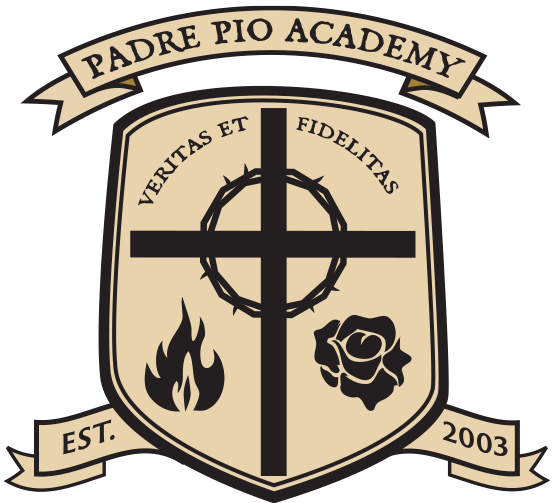New: Adult Catholic Psychology Course
The Psychology of St. Thomas Aquinas
A once-Christian culture has redirected its understanding of psychology to accept and encourage every perverse disorder. Turning away from a belief in the natural law, modern psychologists are now attempting to even remove serious perversions from the list of mental disorders. To properly classify and correct mental disorders, one must have a proper understanding of man and his intellect. This is similar to how an engineer must have a proper understanding of math and physics to build a bridge. Thus, this class will begin with understanding man, his intellect, and the natural law to form a proper understanding of what is a disorder and how it should be corrected. Only after understanding this foundation will one then be able to diagnose and heal mental illnesses.
Textbook: Intro to the Science of Mental Health, by Fr. Ripperger PhD
Cost: $100
Thursdays, 6:30-7:30
Instructor: Mr. Perry Smith
Classes 1-14, scheduled every Thursday, beginning August 29, at 6:30 unless specified. Feel free to bring wine and snacks to share.
The Proper Understanding of Psychology - What is Psychology? How is Psychology connected with Philosophy and Theology? What are the problems with modern psychology?
Structure of the Human Intellect - How are the soul and body connected? What are man’s faculties? What’s the relationship between man’s faculties and his intellect?
The Interior and Exterior Senses - How does the body interact with the soul to know things? What are the material parts of man’s intellect and how do they operate? How do they prepare information for the immaterial parts of the intellect?
Immaterial Parts of the Intellect - What separates man from the animal? What is abstract thought? If the body is material, how can it be used to know things that are immaterial?
Truth, Falsity, and Mental Illness - What is the purpose of the intellect? What exactly is the truth? What is falsity and its connection to mental illness? How can we prove that truth is objective?
First Principles - How does man know the most basic truths? What is the importance of first philosophy and logic? How can fallacies be a cause of mental illness?
The Will - What is the will? What exactly is free will? What is necessary for an act to be voluntary?
The Passions - Are the passions good or evil? What are the different passions, and how do they affect us in terms of mental health? By understanding the passions we can more easily direct them.
The Relationship of Reason and Appetite - What are antecedent passions? How do appetites affect our judgment? How can the intellect and will correct our passions?
Habits, Virtues, and Vices - How do we form habits? What is a virtue? The effects of virtue and vice. The value of moral and intellectual virtues.
The Natural Law and Conscience - What is Nature? What is the natural law? What are the different kinds of law? The connections with natural law and mental health.
The Nature of Mental Health and Illness - St. Thomas on mental health. A formal definition of mental health and illness.
Exterior Causes of Mental Health and Illness - How does the body affect mental health? The intellect does use the body to know things.
Interior Causes of Mental Health and Illness - The physiological causes. The causes from the interior senses, passions, possible intellect, and will.
You can pay the class using the fees & tuition link. Please select the tuition option when paying.

